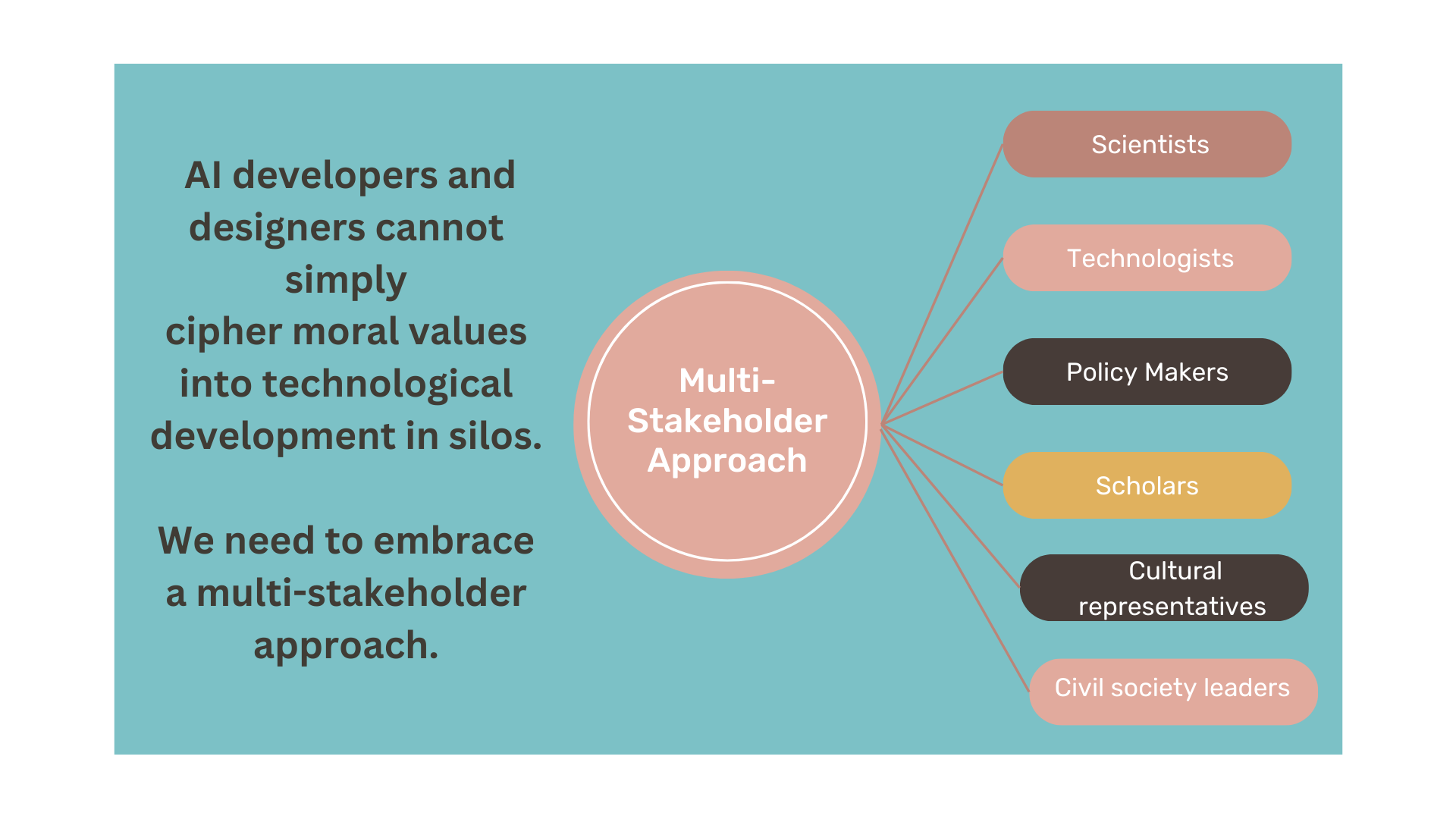Building AI in isolation is not an option.
- Savneet Singh
- Human in the loop , Data
- 29 Jan, 2024
Artificial intelligence (AI) systems are becoming more self-sufficient, logical, diverse, and intelligent. This extensive development raises multiple challenges and ethical concerns because it will soon become part of our daily lives. Thus, the development, creation, and distribution of these emerging technologies should not only be based on the foundations of science and innovation but also reflect the different perspectives of human values, culture, and community.
We need both socio-technical and socio-political viewpoints to integrate emerging technologies with ethical, political, and, most importantly, social contexts.
AI ethics is a relatively new, diverse, and growing field that aims to scale the responsible development of emerging technologies. Handling the ethical challenges surrounding AI in this rapidly and exponentially evolving AI landscape requires more than just technical methods. This requires a transformation in the current paradigm.
We need to involve several stakeholders, such as scientists, technologists, policymakers, academics, cultural representatives, and civil society leaders. AI developers and designers cannot simply cipher moral values into technological development in silos. We need to embrace a multi-stakeholder approach to ensure that these emerging technologies bring a whole spectrum of viewpoints while these technologies are being created and distributed.
 Policymakers should not just govern existing technologies but also influence them and encourage free public debate.
I’d like to assert that ethics is not a one-size-fits-all or a checklist. Ethics is much more than that, and it is a difficult process. Addressing moral challenges requires combining innovation with moral imagination.
Policymakers should not just govern existing technologies but also influence them and encourage free public debate.
I’d like to assert that ethics is not a one-size-fits-all or a checklist. Ethics is much more than that, and it is a difficult process. Addressing moral challenges requires combining innovation with moral imagination.
I also want to bring up an important point here: AI technology and products are not to be distrusted, but we should be focusing on creating, developing, and distributing these products in a way that is safe, responsible, and ethical.